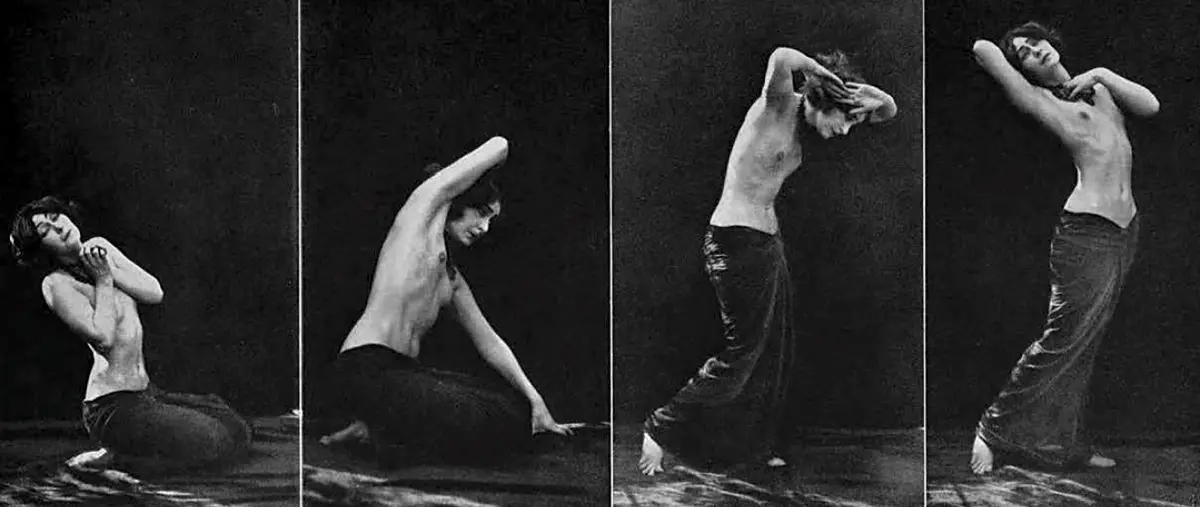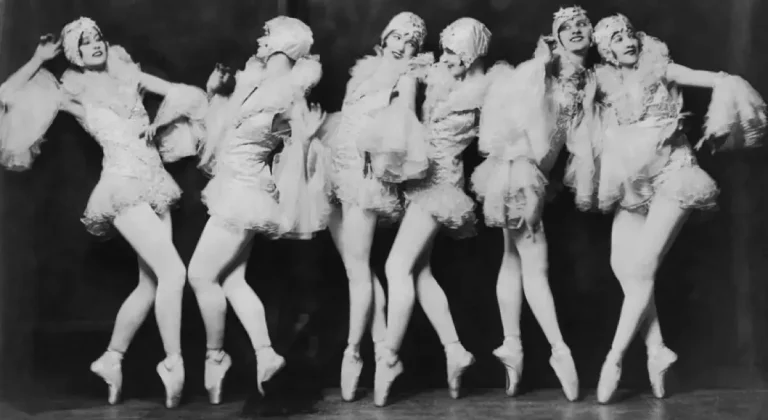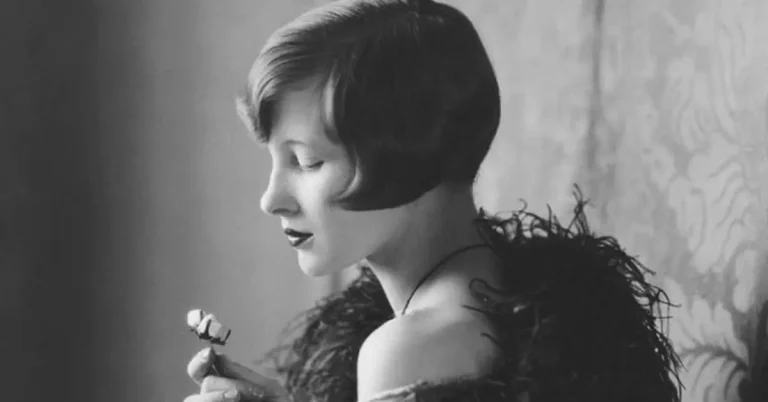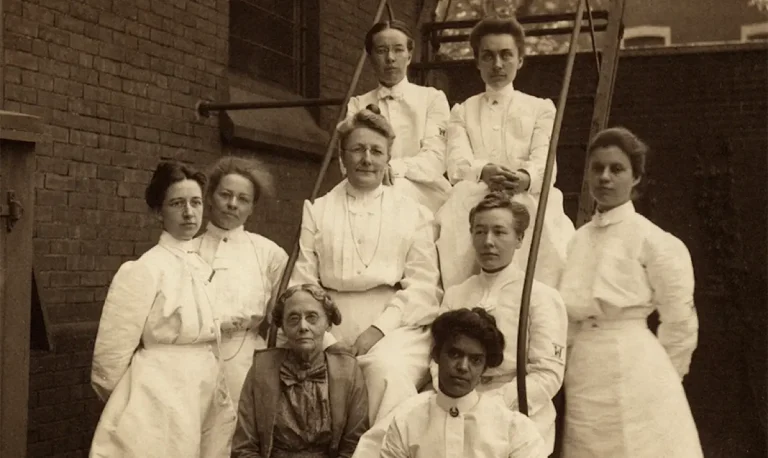Shocking Dance: “Phryné Moderne Devant l’Aréopage,” 1913
Phryné Moderne Devant l’Aréopage (Modern Phryne Before the Areopagus)
Shocking Dance: About the Book
This book (published ca. 1913) is a curated collection of press coverage surrounding Adorée Villany’s controversial nude dance performances in Munich and Paris between 1911 and 1913. Framed by Villany’s declaration—“My unveiled form lays my soul bare”—the volume takes its title from the classical anecdote of Phryné, the Ancient Greek courtesan who reputedly disarmed her judges through a dramatic exposure of her body. Villany asserts that her art, and the scandal it provoked, must be read in modern aesthetic terms with a nod to the classical.
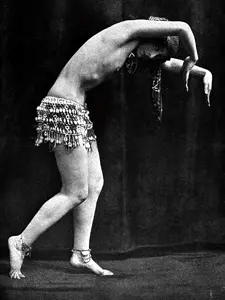
Unlike her earlier German-language publication Tanz-Reform und Pseudo-Moral: kritisch-satyrische Gedanken aus meinem Bühnen- und Privatleben, which engages directly with early modern dance theory, costume reform, and the expressive potential of the nude body, Phryné moderne offers no detailed treatise. Instead, it assembles press clippings, courtroom summaries, and excerpts from sympathetic commentators—many of them drawn from Parisian and Munich newspapers—offering a vivid record of the legal and cultural reception of Villany’s work.
As such, the book serves as documentation of the early modernist stage, where issues of gender, aesthetics, and public morality collided with art dance experimentation, legality, and censorship. It also offers a record of how the press functioned as the arena in which Villany’s public persona took shape. The figure that emerges from Phryné Moderne is not only a performer caught in controversy but also an artist navigating the currents of media attention that both sustained and threatened her practice. The assembled commentary, drawn from a range of printed accounts, testifies to the ways in which Villany’s nude performances unsettled conventional boundaries between art and indecency, theatrical display and moral offense.
The volume does not offer a cohesive narrative. Rather, it is a curated historical record of a moment when early twentieth-century audiences and institutions reckoned with a new form of embodied expression onstage. In that sense, Phryné Moderne is a cultural barometer—documenting the tensions between modernist aesthetics and the moral codes they confronted.
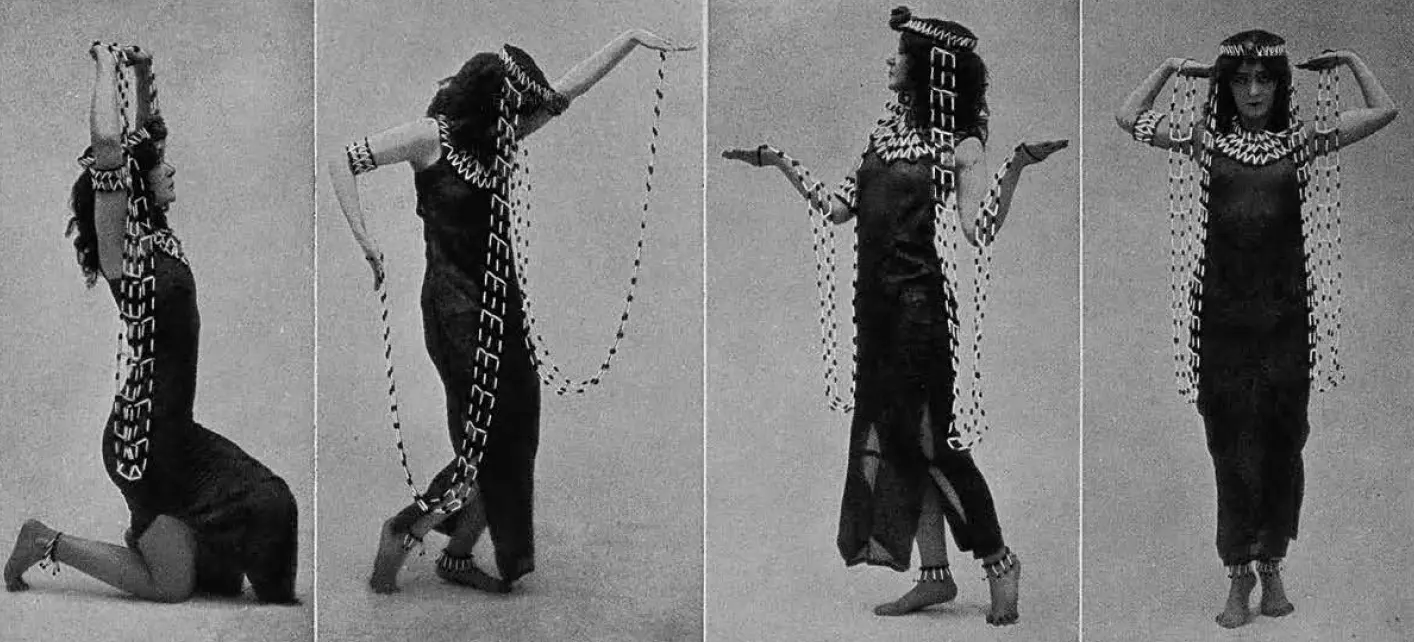
About the Author
Adorée Villany (sometimes identified as Adorée Via Villany) is an enigma. Adorée (sometimes known as Viola) Villany was either French (born in Rouen), Hungarian (“The Pearl of the Puszta”), or a German Jew (born in Danzig as Erna Reich). She mostly performed in Germany, where she was variously known as a “barefoot dancer” (barfuß tänzerin) or “naked dancer” (nackttänzerin).
Villany began performing in the Berlin Überbrettl cabaret around the turn of the 20th century and was first known as “a[n Isadora] Duncan imitator.” She may first have come to widespread public notice in 1905, performing the Dance of the Seven Veils (and presumably disrobing) while simultaneously speaking Salome’s final monologue from Wilde’s play.
In 1911, Munich police arrested Villany for indecent exposure after various exotic dances, including one as Salome. Villany defended herself as a “reform dancer,” claiming “my unveiled body reveals my soul.” Various artists came to her defense, and a jury acquitted her based on “the higher interests of art.” She ran into similar, although much less intense, trouble for dancing unclothed in 1913 Paris.
Villany appears to have capitalized on the Salomania dance craze, and appeared quite often in the German press from about 1911 to 1914. She largely dropped from view afterwards.
Read the Book
The book is mostly in French, although there are press accounts in German and English. It contains many full-page photographs of Villany in dance poses; many of the photos show her nude or semi-nude.

